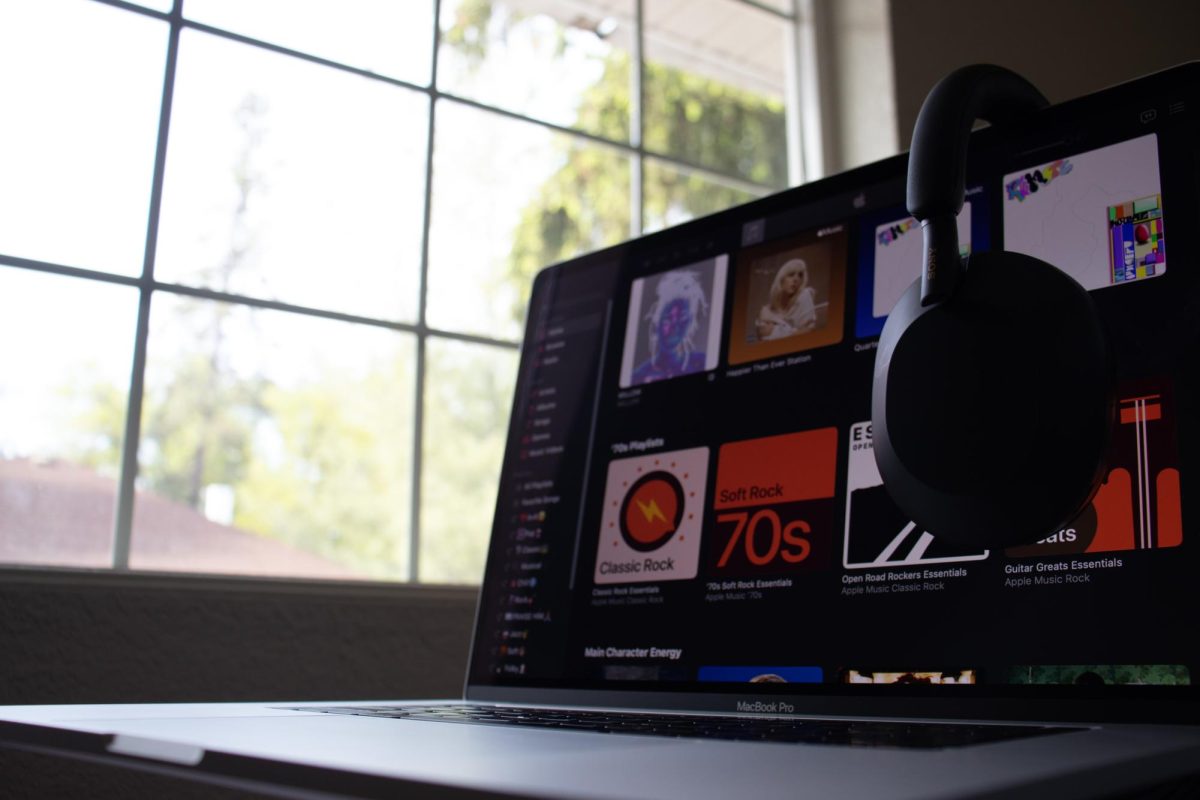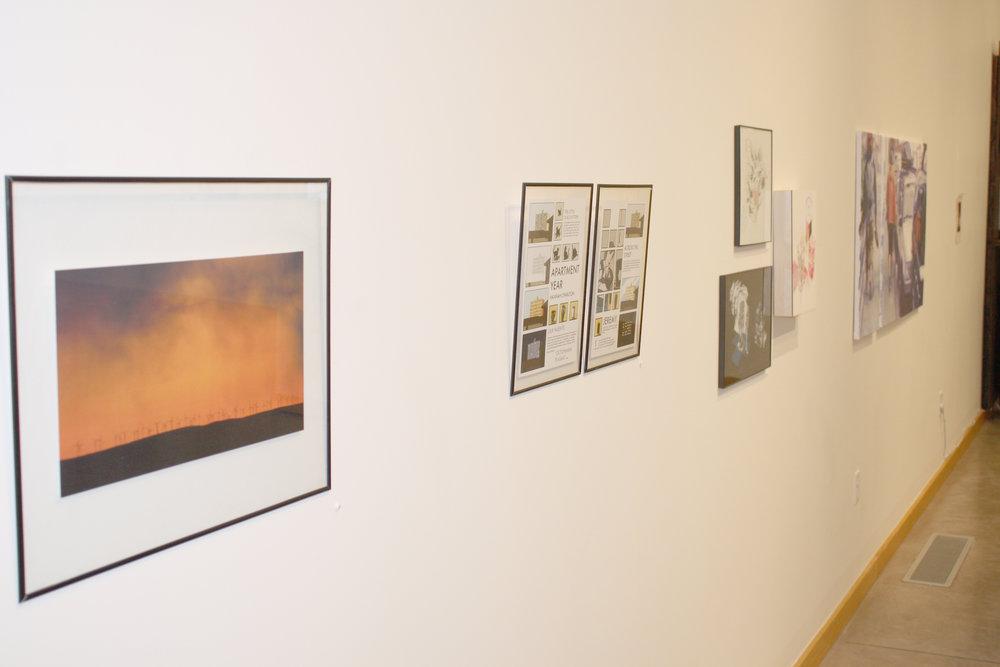Spring is the time when senior music majors perform their senior recitals as the capstone of their time at Whitworth.
Recitals are the challenging culmination of the performance major’s college career and provide a chance to display some of their hard-earned knowledge.
“Senior recitals are the capstone project for music performance majors. All music majors have to do a recital. A junior recital is about 30 minutes worth of music, but performance majors do a second recital that is about an hours’ worth of music,” senior music major Steven Munson said.
The recitals are held all year long, but as the academic year begins to wind down, seniors have their recitals scheduled and are practicing and waiting for the big day.
“Most recitals are in the spring, because students usually spend the fall preparing,” Associate Professor of Music Benjamin Brody said.
Performance track music majors put on a free recital in the recital hall in the Music Building to showcase what they have learned in their years of music training.
“It’s a demonstration of their [students’] skills developed over their four years at Whitworth,” Brody said.
Students pick their musical pieces, practice them and even produce the program notes.
“Right now I’m working on my program notes, where I describe each piece and the composer, where the composer is coming from and a little bit about the piece so people know what to expect,” senior music major Rachel Means said.
Performances of 45 minutes to an hour allow the students to show the full scope of their abilities and depth of learning.
Munson will perform a Sonata, a French show piece, a lullaby, and the sextet he is doing is by Beethoven. It’s a technical whirlwind to show what the horn can do, he said.
Some students such as pianists perform solo, and some have an accompaniment like Munson whose emphasis is the French horn.
“Three of my pieces were written specifically for horn and piano, and the fourth was written for two horns and a string quartet,” Munson said.
Munson has also put a large amount of effort into his preparation.
“Along with the music majors’ required classes, private lessons and music education electives have helped me prepare. Learning to teach the subject really forces you to learn the material,” Munson said.
Munson’s preparation also includes listening to recordings of his various pieces to perform as well as class time and practice.
“I listen to professional musicians who have recorded the pieces to really get a feel of what it sounds like, and recording myself to really hear what I sound like,” Munson said.
These performances are sometimes used as a springboard for other endeavors as well.
“The recordings are used by some students for grad school applications,” Brody said.
Many of the students have aspirations for further musical education, and some have even more in mind.
“I’m a double major, so I’m a music violin performance and an English major,” Means said.
She plans to stay involved in both of her fields of study.
“I’ve applied to a couple different grad schools, one in English and one in Music, and basically I’m going to see which one will give me a better deal. Either way, I want to keep playing music. I’m more interested in going into a career in the English field,” Means said.
Others want to stay with music exclusively.
“My plan is to go to graduate school to study music, specifically performance,” Munson said.
As the recital approaches there are the obvious nerves, but most are confident in the preparations they have made.
“It is good experience. I’m a performance major but playing in front of people is still terrifying,” Means said.
Munson, who has been playing the French horn since the eighth grade, said,
“I feel I’m pretty well prepared, but there are still things to work on.”
The recitals are free admission, and times and dates can be found on the Whitworth website’s events calendar.
Contact Stuart Hopson at shopson17@my.whitworth.edu










 Spokane?
Spokane?